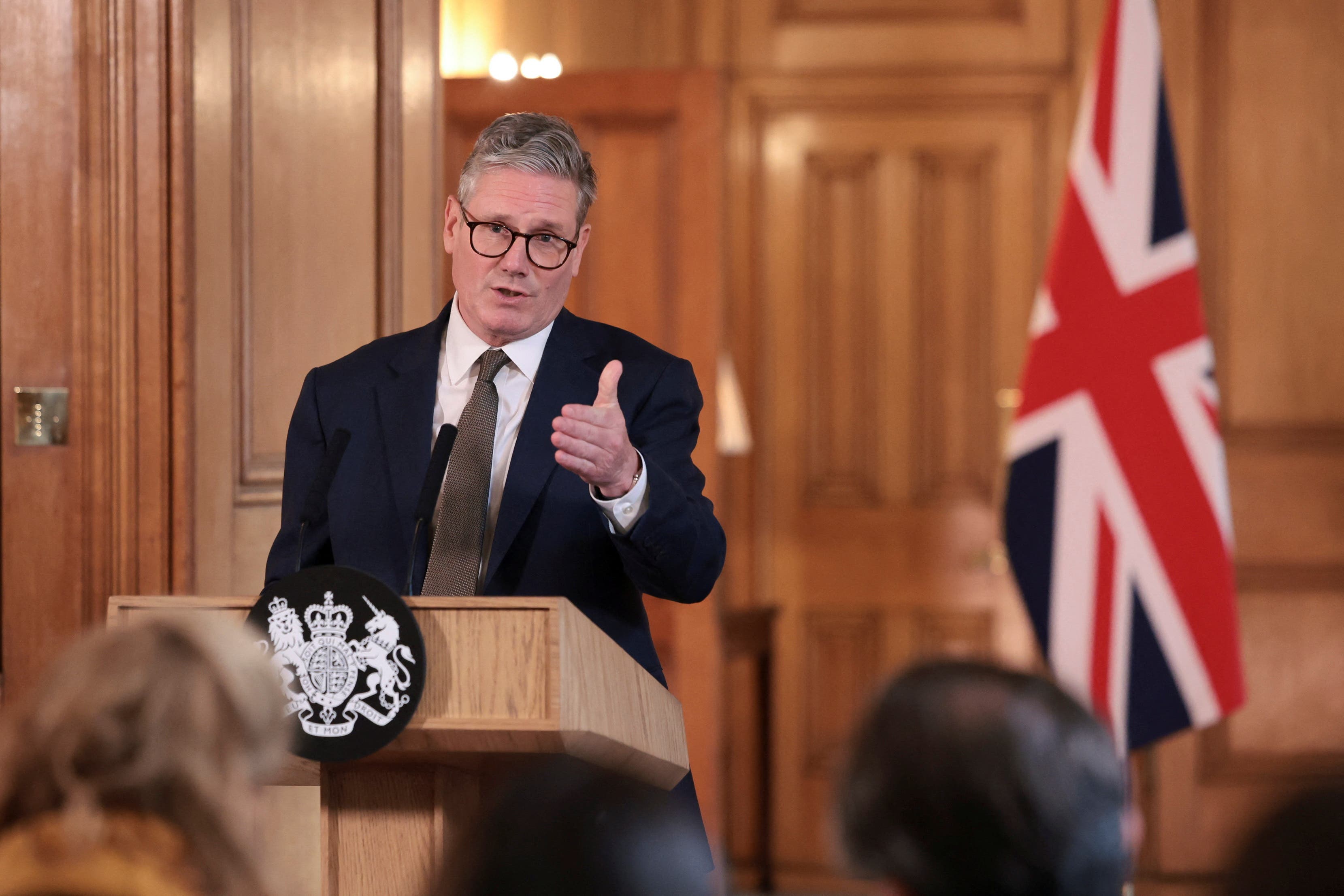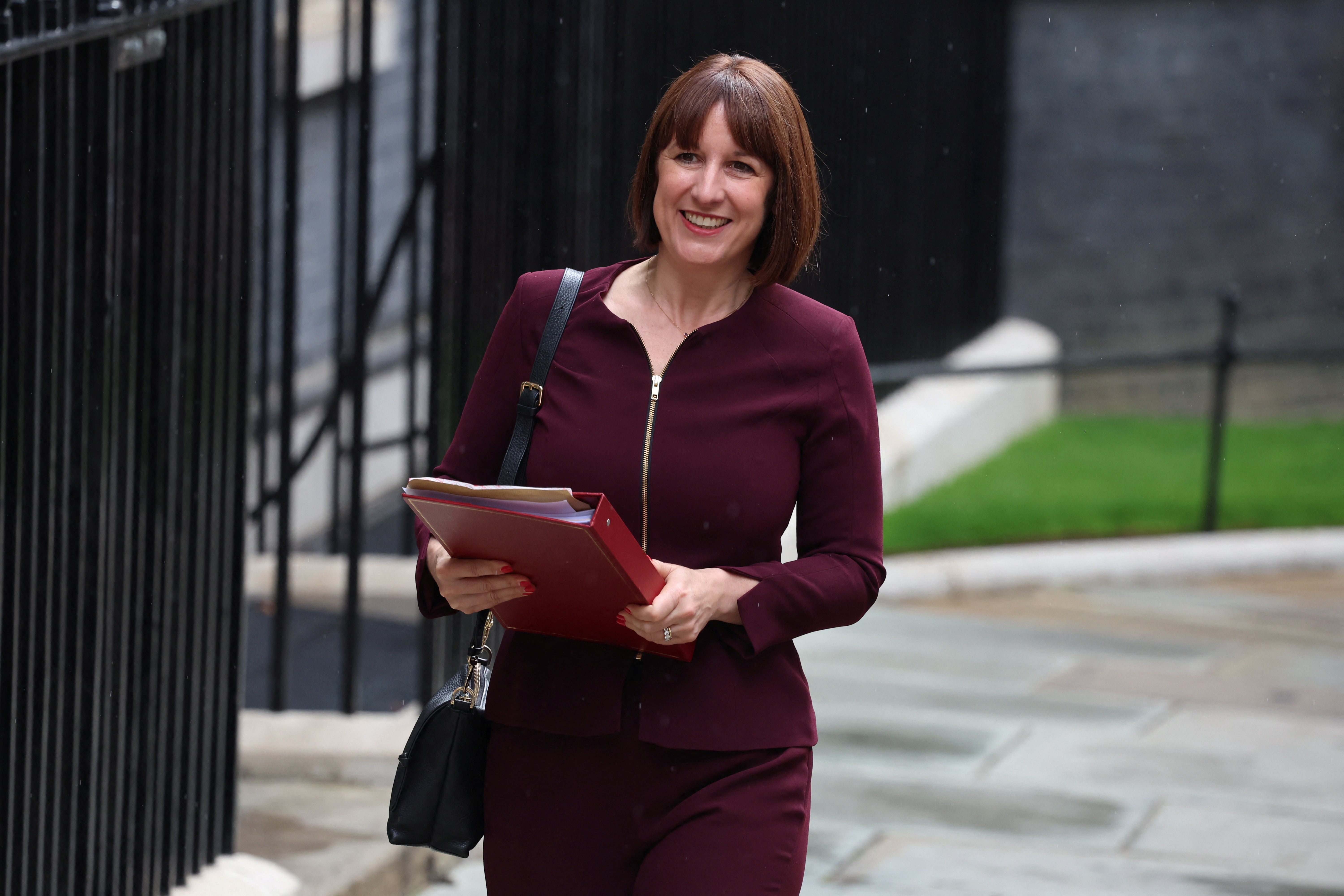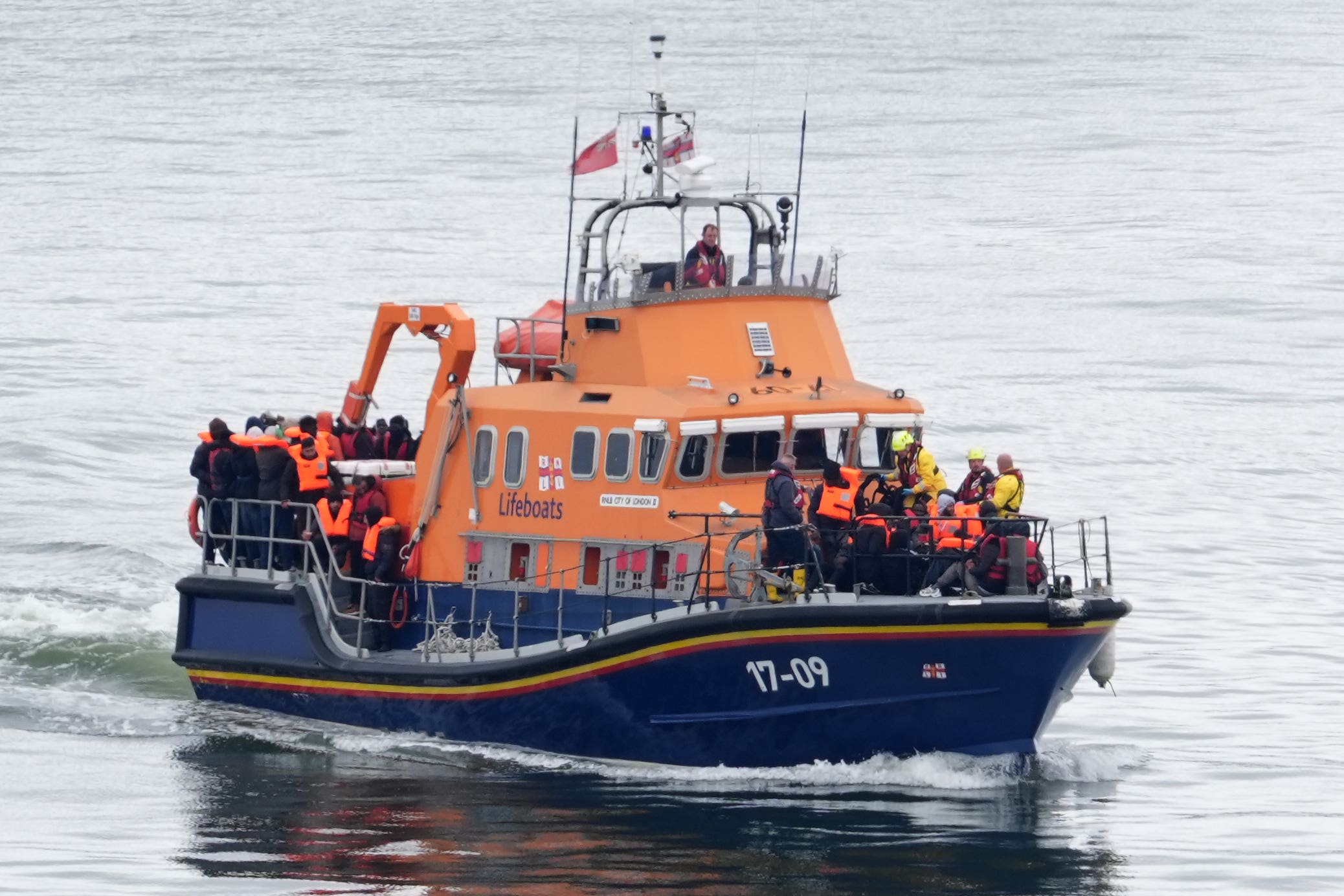‘Call me Keir’ hints at ‘tough decisions’ on increasing taxes
Starmer introduces a more informal approach to his premiership and announces Rwanda scheme has already been scrapped

Sir Keir Starmer has hinted that his government may be making some “tough decisions” on tax rises early in his premiership as he gave his first press conference as prime minister.
Just 24 hours after entering No 10, the Labour leader faced the media for the first time in Downing Street and announced that he has already canned Rishi Sunak’s controversial Rwanda deportations scheme for illegal migrants.
But, as he introduced a more informal approach with a request to “call me Keir”, the new prime minister appeared to struggle on the question of potential tax rises.
It came shortly after a former cabinet minister confided to The Independent that there “is no golden legacy” on the economy from the outgoing Tory government and all the money was spent on Covid and lockdown. So Sir Keir will need to make cuts or raise taxes to fund his pledges.

Sir Keir told journalists: “In relation to the tough decisions, we’re going to have to take them and take them early. And we will do that with a raw honesty.
“But that is not a sort of prelude to saying there’s some tax decision that we didn’t speak about before that we’re going to announce now.
“It’s about the tough decisions to fix the problem and being honest about what they are.”
The Labour election campaign was overshadowed by claims by Rishi Sunak and the Tories that the opposition’s plans would mean a £2,000 increase to each household’s taxes.
It was an allegation Labour denied and the most senior civil servant in the Treasury distanced himself from. However, the Tories pressed on with the claim and it may have contributed to Labour’s vote share being just 34 per cent instead of the 40 per cent or more indicated in the polls.
New chancellor Rachel Reeves will now be looking at taxes for her first Budget, and education secretary Bridget Phillipson has already revealed that VAT on private school fees will be in it.
Speaking to The Independent during Sir Keir’s press conference, Nigel Farage, suggested that Labour is “vulnerable” despite the massive majority because “there is no love” for the party in the country.
However, Sir Keir also wanted to tackle an issue which Mr Farage’s Reform aims to push him on by unveiling his plans for illegal immigration including the cancellation of the proposed deportation flights to Rwanda.
Sir Keir announced that the Rwanda deportation plan “was dead and buried before it started”, confirming Labour has already scrapped the scheme since taking power.
The prime minister said the policy was “never a deterrent”, pointing to the record number of small boat arrivals in the first six months of 2024.
And he said it had “the complete opposite effect”, with people-smuggling gangs and potential migrants seeing the minute chance of deportation as encouragement to cross the English Channel in small boats.

The Labour leader promised repeatedly on the campaign trail to scrap the £300m scheme, which would have seen a handful of asylum seekers sent to the east African nation, “straight away” as prime minister.
In a damning assessment after axing one of Mr Sunak’s flagship policies, Sir Keir said: “The Rwanda scheme was dead and buried before it started.
“It has never been a deterrent. Look at the numbers that have come over in the first six and a bit months of this year. They are record numbers. That is the problem that we are inheriting.
“It has never acted as a deterrent, almost the opposite because everybody has worked out, particularly the gangs that run this trade, that the chance of ever going to Rwanda was so slim, less than 1 per cent, that it was never a deterrent.
“The chances were of not going, not being processed and staying here in paid-for accommodation for a very, very long time.
“It has had the complete opposite effect. And I’m not prepared to continue with gimmicks that don’t act as a deterrent.”

The intervention came in Sir Keir’s first Downing Street press conference since leading Labour to one of the biggest general election victories in history.
Labour achieved a 172-seat majority, just shy of Sir Tony Blair’s 1997 record of 179, with the Tories falling to their worst election result in history on 121.
Addressing the media for the first time since the election, Sir Keir said he is “restless for change”.
He said the appointments of Sir Patrick Vallance and business chief James Timpson should demonstrate the party’s commitment to change and added: “It won’t surprise you to know... I’ve been talking to them for some time about the need for the change that we will put in place.”
“We have been planning for months to hit the ground running,” Sir Keir said, despite warning it would not be “an overnight exercise”.

The speech came after Sir Keir appointed his cabinet, making Rachel Reeves Britain’s first female chancellor and appointing Angela Rayner levelling up secretary and deputy PM.
Other key appointments were David Lammy as foreign secretary, Wes Streeting as health secretary, Bridget Phillipson as education secretary and Yvette Cooper as home secretary.
The prime minister will finalise the appointment of frontbenchers in more junior ministerial roles over the weekend.
Setting out how he and his top team would get to work, Sir Keir said he would chair new “mission delivery boards” to “put into action” Labour’s manifesto commitments.
The cross-departmental panels are expected to be set up to make progress on the party’s five key pledges – to drive economic growth, reform the NHS, invest in clean energy, reform the crime and justice system, and improve opportunity through a new skills agenda.
The prime minister said he would head the boards himself to emphasise his focus on pursuing the plans central to Labour’s first term in government.
The entities are expected to draw on private sector expertise and could include outside experts as well as politicians.
Sir Keir’s chief of staff Sue Gray, who spent years at the top of the Civil Service, is set to oversee delivery from inside No 10.
The Whitehall shake-up is intended to break down departmental silos in a bid to reduce funding rows and delays to implementing policies.
Labour has said the five national missions would “guide us in government”, which would be reorganised to be “more agile, empowering, and catalytic”.






Join our commenting forum
Join thought-provoking conversations, follow other Independent readers and see their replies
Comments